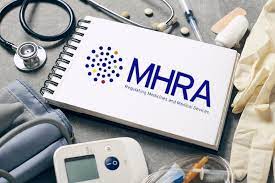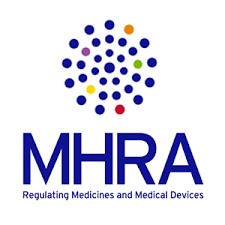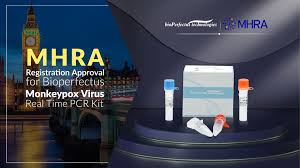In the United Kingdom, herbal medicines are regulated by the Medicines and Healthcare products Regulatory Agency (MHRA) to ensure their safety, quality, and efficacy. If you are a manufacturer or distributor of herbal medicines, it is essential to register your products with the MHRA before they can be legally sold in the UK market. In this article, we will guide you through the registration process, providing you with the necessary information to navigate the regulatory requirements and ensure compliance.
Understanding the MHRA and Herbal Medicine Registration
The MHRA is the regulatory body responsible for ensuring the safety, quality, and efficacy of medicines and healthcare products in the UK. When it comes to herbal medicines, the MHRA has specific guidelines and requirements for registration to ensure that these products meet the necessary standards.

Determine if Your Product Qualifies as a Herbal Medicine
The first step in registering your herbal medicine with the MHRA is to determine if your product falls under the definition of a herbal medicine. According to the MHRA, a herbal medicine is defined as any medicinal product that contains as active ingredients only plants or plant preparations. If your product meets this definition, it is considered a herbal medicine and should be registered accordingly.
Conduct a Traditional Herbal Registration or a Full Marketing Authorization Application
There are two pathways for registering herbal medicines with the MHRA: Traditional Herbal Registration (THR) or a Full Marketing Authorization Application (MAA). The choice between the two depends on the traditional use of the product and the evidence of its safety and efficacy.
Traditional Herbal Registration (THR): This pathway is suitable for herbal medicines that have a history of traditional use and can demonstrate a minimum of 30 years of safe use, including 15 years within the European Union (EU). To apply for THR, you need to submit a detailed dossier containing information on the product's composition, manufacturing process, safety profile, and evidence of traditional use.
Full Marketing Authorization Application (MAA): This pathway is required for herbal medicines that do not meet the criteria for THR or if you want to make specific health claims. It involves a more comprehensive application process, including clinical trials and a detailed dossier demonstrating the safety, quality, and efficacy of the product.
Prepare a Detailed Dossier
Regardless of the pathway you choose, you will need to prepare a detailed dossier containing all the necessary information about your herbal medicine. This includes:
Product Information: Provide detailed information about the product's composition, including the active ingredients, as well as the dosage form, strength, and route of administration.
Manufacturing and Quality Control: Describe the manufacturing process, including information on the quality control measures in place to ensure the consistency and quality of the product.
Safety and Efficacy: Provide information on the safety profile of the herbal medicine, including any known side effects or interactions. If applicable, include clinical trial data or evidence of traditional use to support its efficacy.
Patient Information Leaflet (PIL): Prepare a patient information leaflet that provides clear and concise information about the product's indications, dosage instructions, and potential side effects.

Submit the Application to the MHRA
Once you have prepared the detailed dossier, you can submit your application to the MHRA. The application process involves completing the necessary forms and paying the applicable fees. The MHRA will review your application, including the scientific and technical data provided, to assess the safety, quality, and efficacy of your herbal medicine.
Compliance with Good Manufacturing Practice (GMP)
In addition to the registration process, it is crucial to ensure that your manufacturing facility complies with Good Manufacturing Practice (GMP) standards. GMP guidelines are designed to ensure that herbal medicines are produced consistently and meet the necessary quality standards. The MHRA may conduct inspections of your manufacturing facility to assess compliance with GMP requirements.
Post-Market Surveillance and Compliance
Once your herbal medicine is registered and available on the market, it is important to monitor its safety and report any adverse reactions or quality issues to the MHRA. Compliance with post-market surveillance requirements is essential to ensure ongoing patient safety and regulatory compliance.

Conclusion
Registering your herbal medicine with the MHRA in the UK is a crucial step to ensure its safety, quality, and efficacy. By understanding the regulatory requirements and following the necessary steps, you can navigate the registration process successfully. Whether you choose the Traditional Herbal Registration (THR) or the Full Marketing Authoriz
Kingsmead
wxam.assistant@marketingforce.com
About Author
You may also like
-
Benefits of Taking Butea Superba Extract Supplements
-
Smart Park Planning for Integrated Intelligent System Development
-
Российское зарубежное складирование
-
Shoebill Technology' s Six Core Principles of Smart Factory Planning Layout
-
Footwear Inspection: Ensuring Quality and Safety for Men's, Women's, and Children's Shoes
